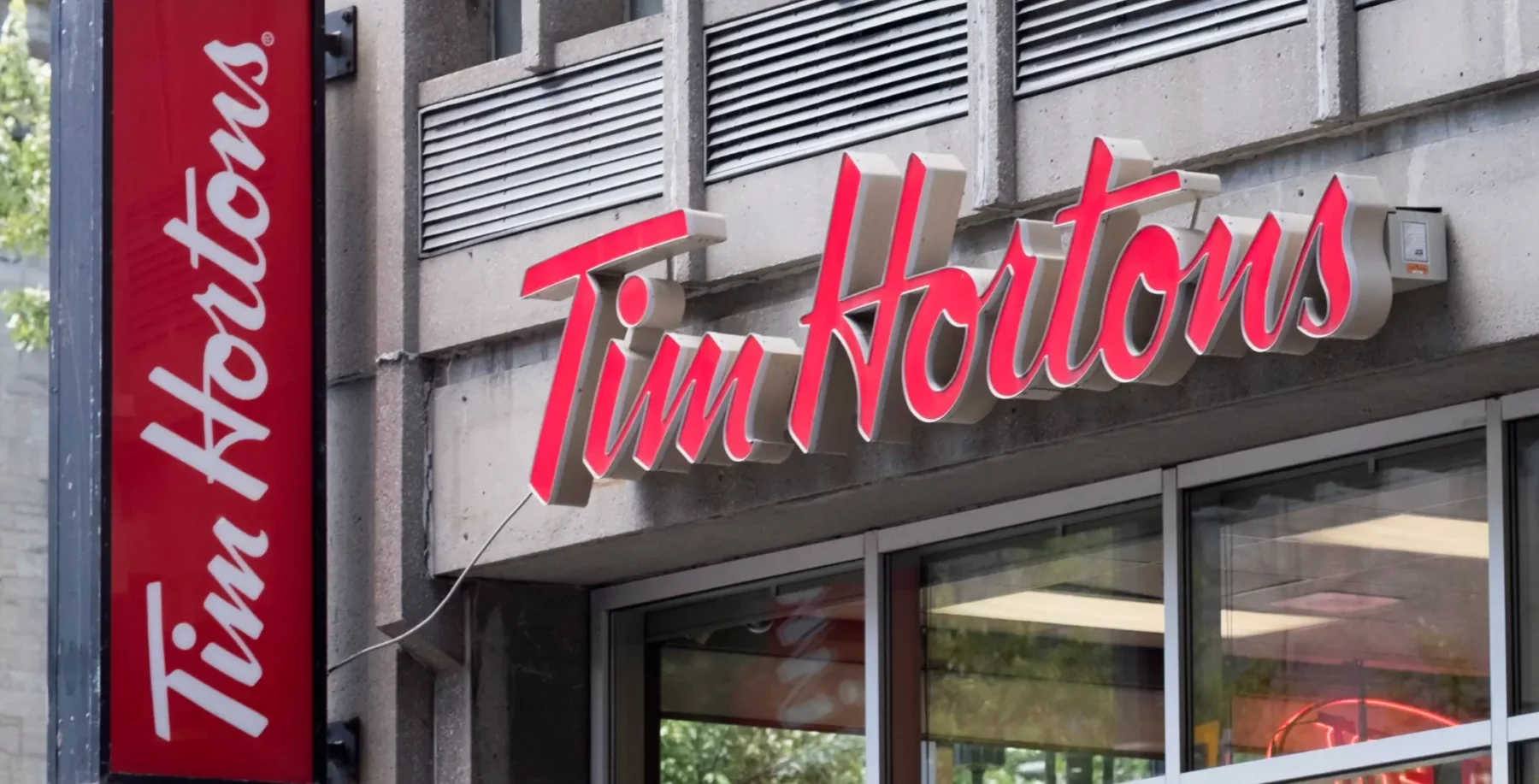
Metro is donating perishable items to food banks and selling the rest as nearly 30 of its fully stocked stores sit empty amid on-going workers’ strikes.
“All perishable products that could still be sold have been transferred to other stores,” while those that could not be sold but are ‘still good for consumption’ have been donated to food banks,” Metro told Now Toronto in a statement Tuesday Morning.
Daily Bread Food Bank CEO Neil Hetherington told Newstalk1010 that trucks would be picking up stocks of perishable food from more than 20 of the 27 Metro locations currently shut in Toronto.
Widespread store closures began on Saturday after Metro workers walked out in protest of a tentative bargaining deal presented to them the week prior.
“We brought the agreement to our members because it contained considerable gains, but our members are clear that it simply isn’t enough,” Lana Payne, Unifor national president, said in a statement.
Metro staff are picketing over insufficient pay, job instability, poor working conditions, and diminishing job quality, as their bosses pocket record high profits.
READ MORE: Metro grocery workers avoid strike after reaching tentative deal
But, amid the strike action, Metro reinforced its commitment to combating food insecurity, telling Now Toronto that it has been “partnering with the food banks for years.”
Between 2016 and 2022, Metro “distributed more than 23 million kilograms of food, helping to fight food insecurity while keeping waste out of landfills,” the grocery giant said.
Nonetheless, many of its workers can no longer afford to purchase groceries from Metro.
“You know the system is broken when frontline workers can’t afford food, rent, or gas,” Gord Currie, Unifor local 414 president, said in a statement.
“This decision to go on strike comes after years of these workers being nickelled and dimed…it comes at a time when life has become simply unaffordable for so many of these workers who risked their health and safety during the pandemic,” Payne said.
Moreover, food banks have seen a significant spike in the uptake of their services over the past year as the cost of living and groceries skyrocket.
According to Daily Bread’s 2022 Who’s Hungry Report,the majority of its clients are “trapped in deep poverty, reporting incomes that are half of Canada’s official poverty line.”
Low rates of income and high costs of living lead people to rely heavily on food bank services, with household costs consuming the majority of a food bank client’s monthly income in 2022, Daily Bread said.
Last year, 69 per cent of food bank clients were paying “at least half of their income on housing, putting them at risk of homelessness,” Daily Bread reported, and leaving them with minimal funds for food.












